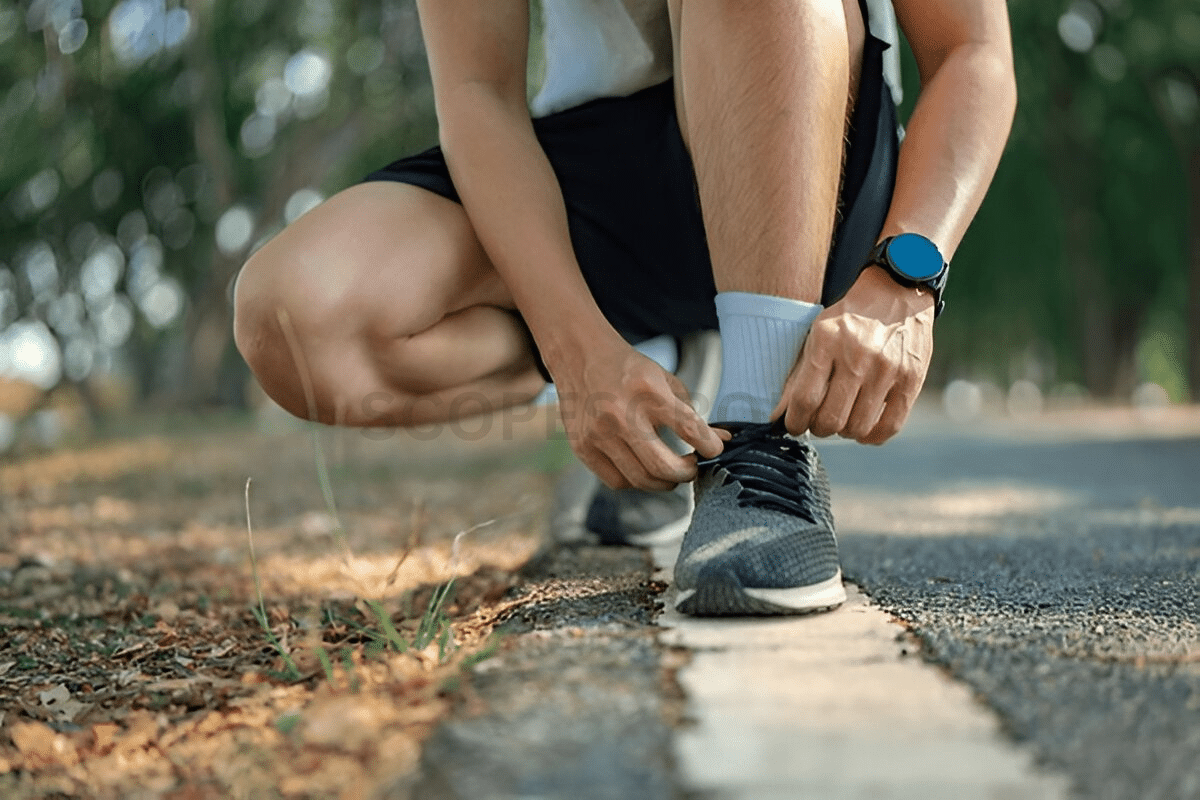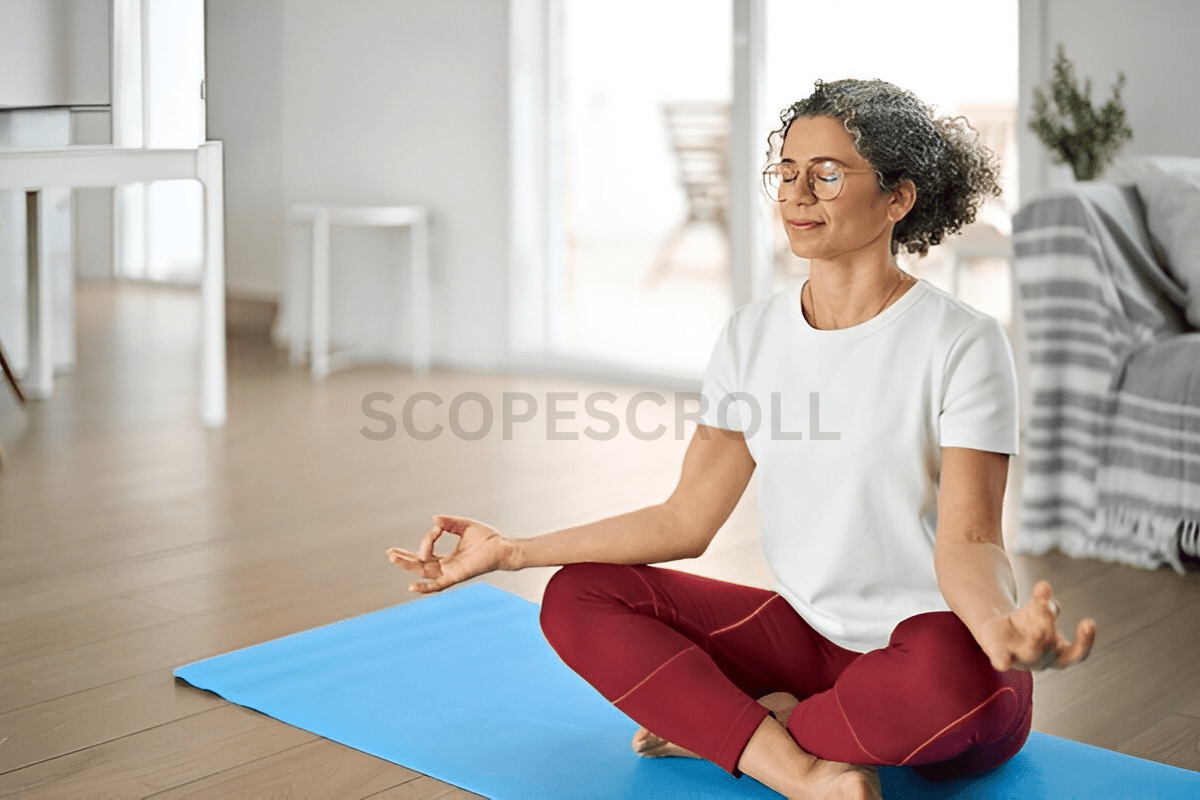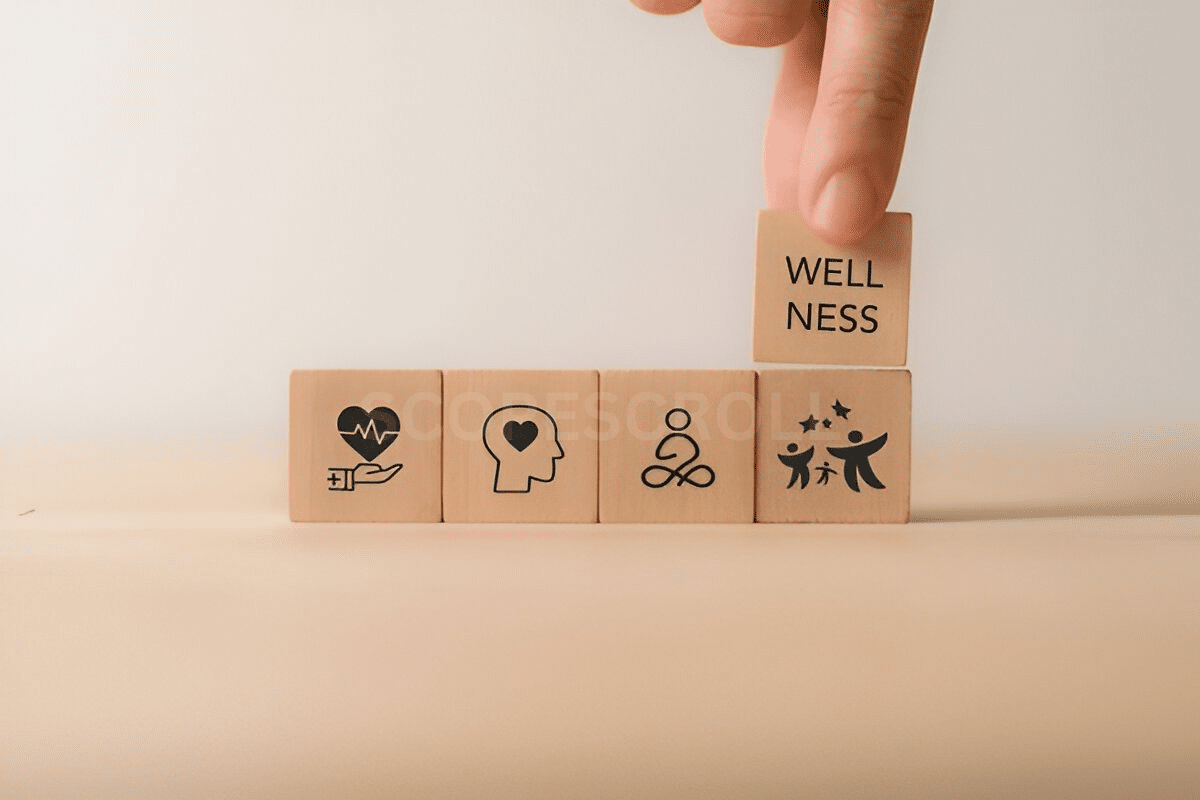Our mental health is sometimes disregarded in today’s fast-paced world to keep on top of things, connected, and productive. Although professional help and therapy are vital tools, not everyone can access them or feels ready to move in that direction.
The positive news: Your mental health improvement need not be costly or taxing. Little, conscious daily routines can have a big impact; you can start exactly where you are.
Let’s look at five easy but effective routines to develop a better, more balanced mind right now.
Get Started Without Your Phone Today

Many of us start our mornings grabbing for our phones, immediately digging into alerts, emails, or social media. Research indicates, however, that this behaviour can aggravate anxiety, lower concentration, and raise stress.
Try doing this instead:
Set your phone on “Do Not Disturb” overnight and keep it far from your bed.
Spend the first fifteen to thirty minutes awakening yourself: meditate, drink water, stretch, or just breathe.
Jot a brief daily objective or goal in a journal.
Why it works: It helps you to take command of your day instead of reacting to it by giving your mind a buffer zone to wake up naturally.
Move Your Body Even Little

Physical activity is among the most effective instruments for mental well-being; it is not only for physical health. Exercise releases dopamine, serotonin, and endorphins—brain chemicals that fight stress and elevate mood.
Simple methods of daily mobility:
Go for a twenty-minute stroll—best in nature.
Before bed, spend ten minutes stretching.
Track a YouTube yoga or workout session.
Move to the tunes of your choice.
What do studies show? The Anxiety and Depression Association of America claims that even five minutes of aerobic exercise can start to produce anti-anxiety results.
Pro Tip: Get outside for the extra mental advantages of fresh air and sunlight.
Cultivate thanks

One of the least appreciated mental health aids available daily is gratitude. It helps you go from what’s wrong to what’s right, from lack to abundance in perspective.
Everyday practice concepts:
Every evening, list three things you appreciate.
Use a gratitude app like Presently or Gratitude Journal.
Share what you are grateful for that day to start discussions with loved ones.
According to science, showing thanks triggers the reward system in the brain. Consistent gratitude diarying has been demonstrated in frontiers in psychology to increase well-being and reduce depression symptoms greatly.
Practice Intentional Breathing

We breathe all day, but rarely do we pause to breathe consciously. Breathwork is a powerful way to activate the parasympathetic nervous system, which helps your body calm down.
Try this simple method:
Box Breathing (used by Navy SEALs for stress management)
Inhale for 4 seconds
Hold for 4 seconds
Exhale for 4 seconds
Hold for 4 seconds
Repeat 4–6 times, especially when anxious.
Other techniques include:
4-7-8 breathing (inhale for 4, hold for 7, exhale for 8)
Alternate nostril breathing (used in yoga)
Belly breathing with one hand on your stomach
Bonus: Doing this for 3–5 minutes daily can help reduce heart rate, lower cortisol levels, and improve sleep.
Make a Real Connection Every Day

As humans, we’re wired for connection. But as our world becomes increasingly digital, real human interaction is fading, affecting our mental health.
Ways to connect:
Call or voice note a friend or family member.
Compliment someone — genuinely.
Share a funny meme with a personal message.
Join a local class or group with shared interests.
Volunteer or offer help in your community.
What research shows: A 2023 study from Harvard found that people with strong social ties are happier, healthier, and live longer.
It’s not about the number of people — it’s about authentic, meaningful moments of connection.
Bonus Habit: Limit Negative Input
Just like food, your mental diet matters. Constant exposure to negative news, toxic conversations, or social media comparisons can damage your inner peace.
What you can do:
Curate your feed. Unfollow anything that doesn’t inspire, inform, or uplift.
Set screen time limits or use focus modes.
Read a book or listen to a podcast instead of endless scrolling.
Remember: Protecting your peace is not selfish — it’s necessary.
Final Thoughts
Mental health is not a destination — it’s a daily practice. You don’t have to do everything at once. Start with one habit, do it consistently, and add on as you feel ready.
You’ll notice:
Increased clarity and focus
Better emotional regulation
Improved energy and mood
A stronger sense of self-worth
Even on tough days, these small acts of self-care become your anchor.
Try This Today:
Pick one habit from the list above and commit to practising it for the next 7 days. Journal your experience, and see how you feel by the end of the week.
Your Mind Matters
You deserve to feel good — not just sometimes, but every day. Prioritizing mental health doesn’t mean you’re broken, it means you’re brave.
So take a deep breath. Begin again. And remember — we’re in this together.
Did you enjoy this post?
👉 Share it with someone who might need it.
👉 Comment your favourite mental wellness habit below.
👉 Subscribe to ScopeScroll.com for more mindful living tips.







